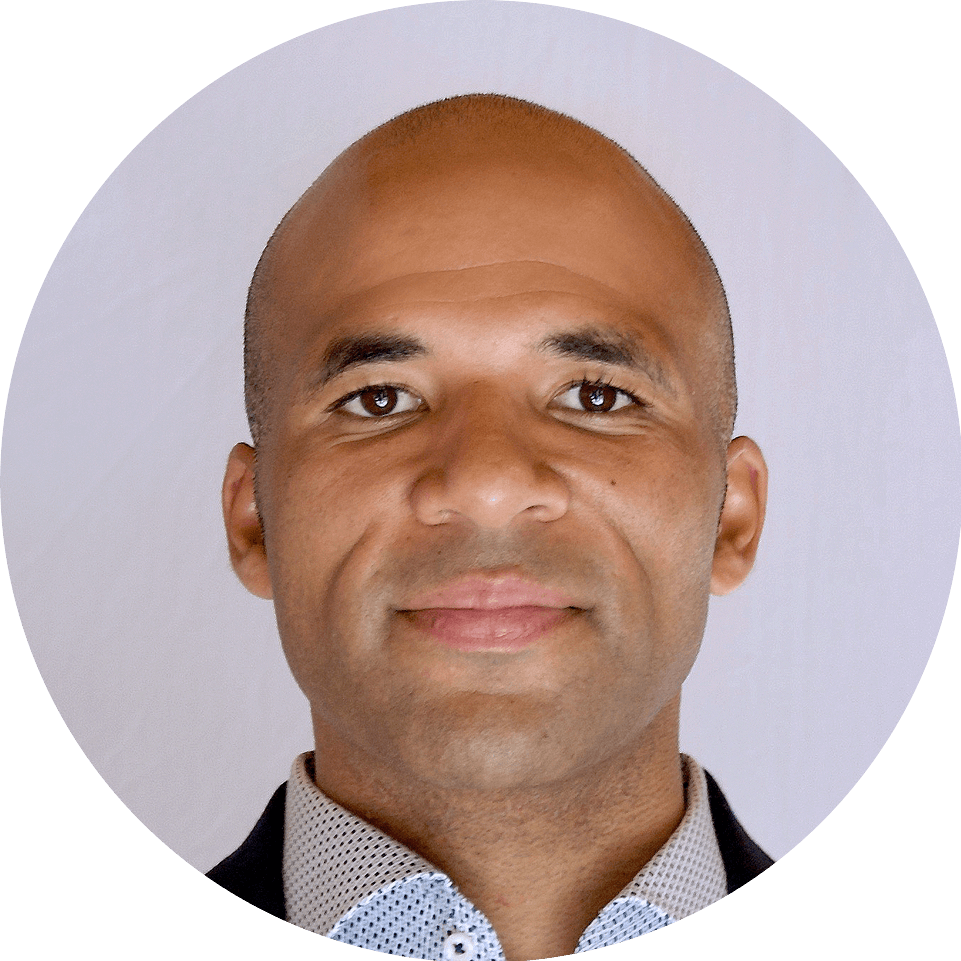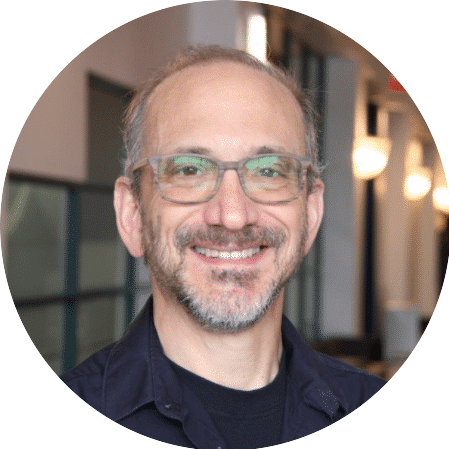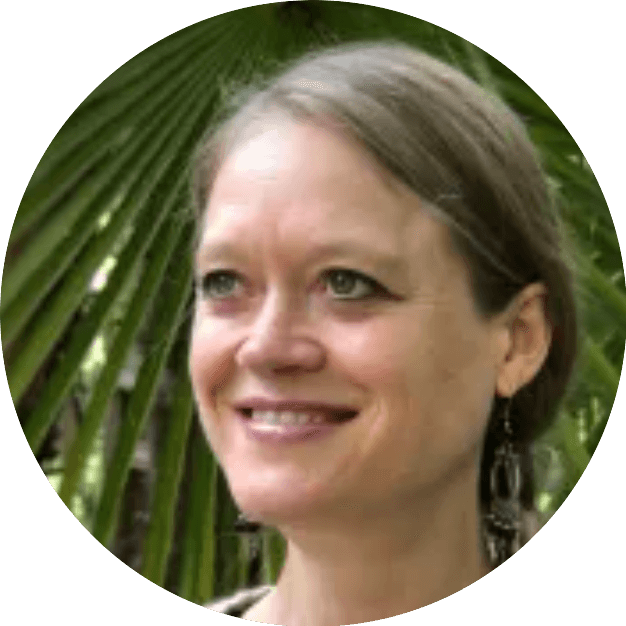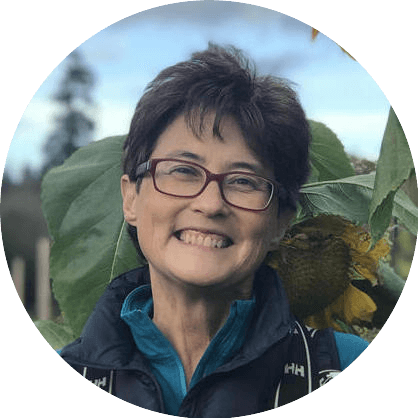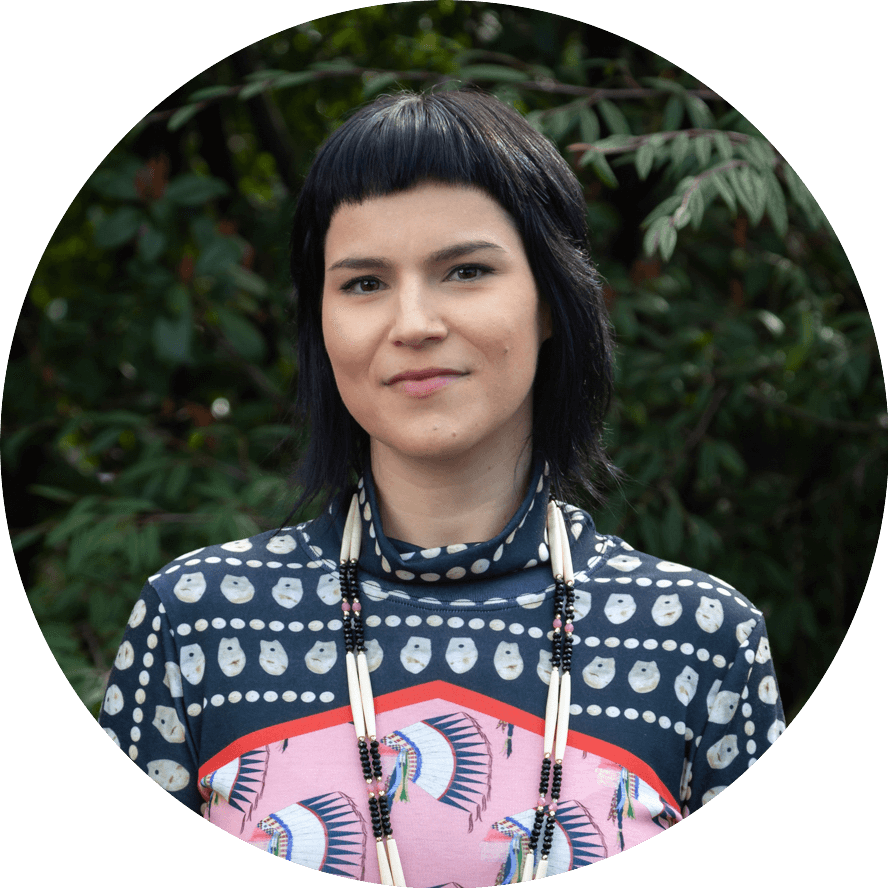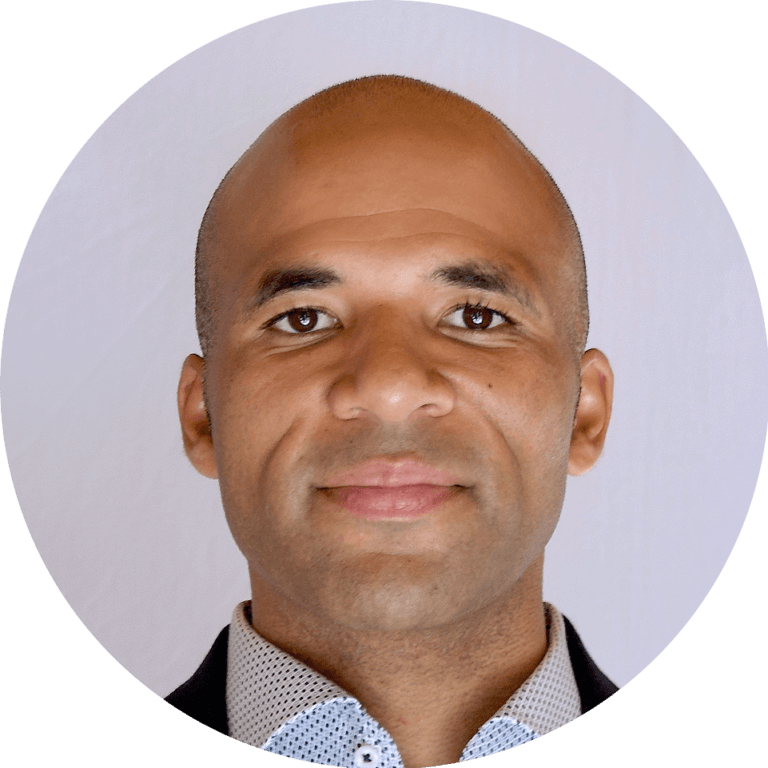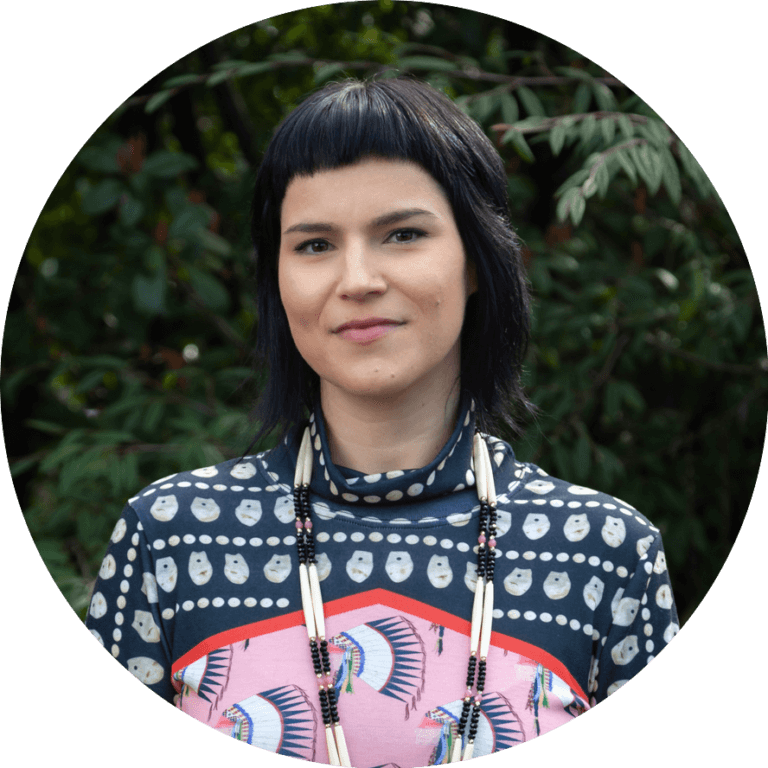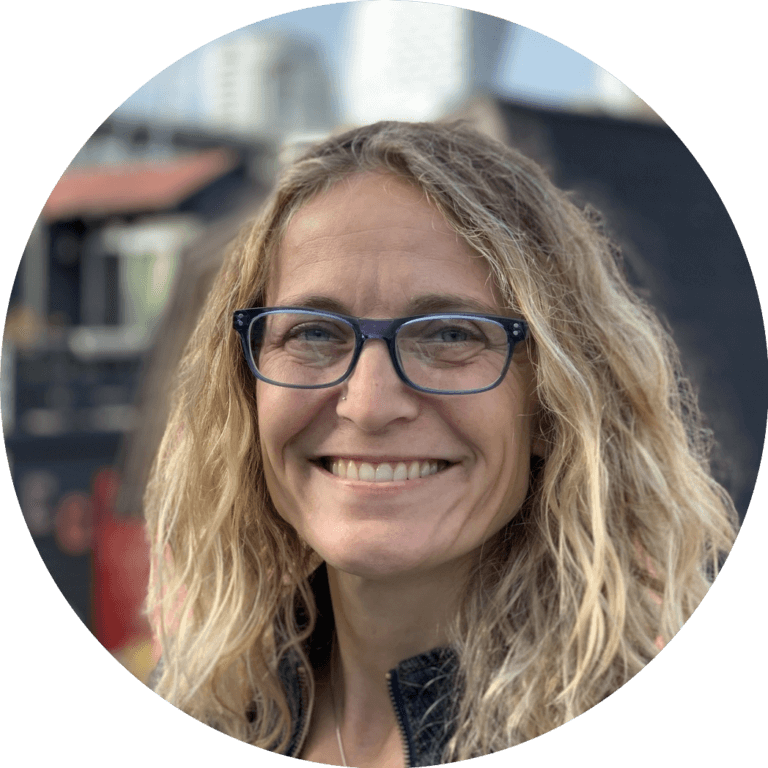Please join us for MAPS Canada’s exciting, new four-part webinar series featuring leaders in psychedelic medicine, research, and drug policy from Canada and around the world. We’ll be discussing how current Canadian policies affect access to psychedelic medicine, and how together we can drive change to create an equitable, safe, and rights-based system for psychedelics in Canada.
This unique series will highlight some of MAPS Canada’s current initiatives and those of our valued allies. All funds raised will directly support MAPS Canada’s mission to support equitable access to legal and regulated psychedelic medicine for all Canadians.
- One Episode every month
- 5:00pm-6:30pm PDT
- 4 Episodes
- $20 per Episode
Each episode of this series is priced at $20.00 or you can purchase access to the entire series for $60.00.
If money is the only barrier preventing you from accessing this event, please fill out this form and we might be able to offer a discount for you.
EPISODE 1
Undoing The Harms Of Drug Criminalization
5:00pm PDT - April 20, 2022
For over a century, certain psychoactive drugs in Canada have been criminalized while others remain freely and legally available.
The so-called “War on Drugs” has cost vast amounts of public funds, imprisoned millions, and increased violence across the globe. It has led to a toxic and deadly illegal drug supply that has taken the lives of tens of thousands of Canadians.
Despite this “war,” drugs are more available and used than ever. As we are collectively understanding the futility of past approaches, calls for decriminalization have increased in Canada and around the world.
MAPS Canada and our guests will discuss decriminalization, why it is important, and what decriminalization can–and cannot–do. We’ll take a critical look at decriminalization efforts in Canada and the US as a way to undo the harms of criminalization, and discuss what a world of decriminalized psychedelics might look like.
EPISODE 2
Harm Reduction For People Who Use Psychedelics
5:00pm PDT - May 18, 2022
MAPS Canada and guest speakers from the psychedelic harm reduction organization DanceSafe will explore the main principles of harm reduction and how to reduce the risks of using psychedelics. We’ll discuss the importance of checking unregulated substances for adulterants, and how to do so with a drug testing kit. We’ll also discuss how to talk with your friends and community about the importance of drug checking.
We will also explore the art of “trip sitting”: how to best support someone through a psychedelic experience by helping them maximize benefits, reduce harm, and practice integration of their experiences.
EPISODE 3
Improving Access To Psychedelics As Medicine
5:00pm PDT - June 22, 2022
Join MAPS Canada as we celebrate our partnership with the groundbreaking Roots To Thrive Community of Practice based in Nanaimo, BC, on and in partnership with the Coast Salish Territory of the Snuneymuxw First Nation and Vancouver Island University. We’ll discuss its innovative model and programs, and the results being reported by patients.
Working with stakeholders in Vancouver Island Health and Health Canada, Roots to Thrive provides multi-week, multidisciplinary mental healthcare programs (that include psilocybin-assisted and ketamine-assisted therapy sessions) for physician-referred patients experiencing a range of diagnoses (including PTSD, treatment-resistant depression, eating disorders, substance use disorder, OCD, end-of-life distress, and more) within an evidence-based, decolonized, and equity-informed community of practice (group therapy) model.
The Roots to Thrive team is led by regulated healthcare professionals who have been specifically trained in supporting and facilitating legal psychedelic therapy. Its multidisciplinary team includes over twenty experienced physicians, nurses, psychiatrists, registered clinical counselors, Indigenous knowledge keepers, somatic therapists, cultural and spiritual care practitioners, and trained facilitators.
We are delighted to welcome the founders of the Roots to Thrive Community of Practice and Dr. Lindsay Farrell, PhD, to discuss the on-the-ground impacts of Health Canada’s Special Access Program on patient access to care; why the Roots to Thrive model is both innovative and scalable; and the positive results patients report experiencing with Roots to Thrive’s programs.
EPISODE 4
The Future Of Canadian Legal Regulation Of Psychedelics After The War On Drugs
5:00pm PDT - July 20, 2022
The War on Drugs has failed and cost an immeasurable toll in lives, public health, and money.
Is legal regulation of drugs for all uses a sensible alternative? How does regulation differ from decriminalization? How can legal regulation improve public health and equity and promote human rights? How do we create a system of legal regulation based on equity and justice?
Join MAPS Canada’s Executive Director and founder of the Regulation Project Scott Bernstein as he welcomes global experts Zara Snapp of Instituto Ria, Ismail Lourido Ali of MAPS, and and Steve Rolles of Transform for a conversation on the ins-and-outs of legal regulation and some possible models for regulating psychedelics.



